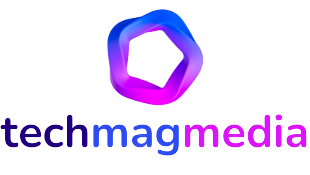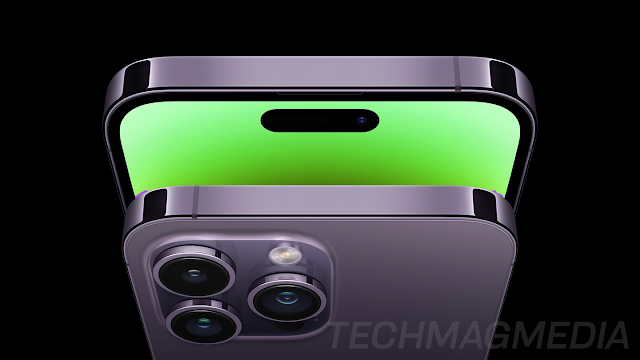 |
| Optimus: Tesla's Humanoid Robot |
Introduction
Tesla CEO Elon Musk on Friday unveiled the long awaited humanoid robot “Optimus” at Tesla's “AI Day” event.
"We've
come a long way," said Tesla CEO Elon Musk to set the tone for Tesla AI
Day 2022 before stepping aside to let the company's robot's first iteration
enter the room.
Like previous year, the robot
wasn't a human wearing a robot suit. Instead, during its second annual event,
Tesla unveiled a working robot, although one that was a little unsteady and had
exposed cables. It was functioning for the first time without "any
support, cranes, mechanical systems or wires," according to Musk.
The robot briefly circled the
stage before leaving. The remainder of the presentation, which featured talks
from several key figures in Tesla team, as well as a number
of clips of the robot went on. These videos showed the robot carrying
a box in an office, watering a plant, and lifting a small piece of metal in the
Tesla factory in Fremont, California.
The demonstration and lecture
that followed, during which many Tesla personnel provided what can only be characterized
as a bipedal robotics 101 lesson, had as their goal to demonstrate further
advancement. (After all, progress may be defined as anything that goes beyond a
human dressed in a costume.) Instead, the event sought to signal Tesla's future
direction, boost confidence in its course, and (ideally) attract the expertise
it needs to advance the programme.
The Bumble C
Musk said that the Bumble C
first-generation prototype will eventually transform into Optimus. The ultimate
version of this robot will be able to balance itself while walking, carry a
20-pound backpack, operate tools, and have a tiny robot-specific precise grasp.
An insider at Tesla claimed that the prototype's 2.3 kWh battery pack
was "ideal for roughly a full day's worth of work."
Tesla did
demonstrate a second bot, which lacked the Bumble C's capability but had a more
streamlined exterior. Staff had to bring this robot out on stage
since it was unable to walk.
The robot's
specifications have changed since last year in certain ways. Firstly, the bot
now weighs 160 pounds instead of the previous 125 pounds.
The project crossovers with Tesla
automobiles, particularly its Autopilot system, were maybe its most fascinating
feature.
Tesla said
that it is utilizing its energy products and employing those parts, including
battery management, for this robot. The Tesla bot uses the same supercomputer
as the Tesla cars. Additionally, Tesla is using for the bot the same technology
and software that it uses for its sophisticated driver assistance system,
Autopilot. Wireless connectivity, audio support, and hardware-level security
features are all included in the Tesla robot, according to the firm, and these
characteristics are "essential to secure both the robot and the humans
surrounding the robot."
Conclusion
If all of these efficiencies are
implemented in the bot, the main question is whether they will produce a
scalable operational robot. Of course, Musk believes it is feasible and has
already stated that he expects the Optimus to cost only $20,000 in the future.
Musk said
the Tesla bot will start tiny at the conclusion of the roughly three-hour
presentation, which highlighted talks on the company's FSD software and
Dojo supercomputer development.
We're going
to launch Optimist with very basic production tests, Musk stated. "As
maybe simply loading a bit like you saw on the video," the speaker said.
The shortest
route to a viable humanoid robot is our objective, he later stated. "Right
now we just want to make basic humanoid operate properly."





0 Comments